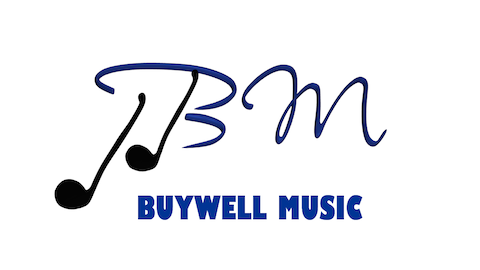A newly remastered, richly documented set celebrating the art of a Spanish Beethoven specialist recorded at the peak of his powers in the late 1950s.
Born in Zaragoza in 1905, Eduardo del Pueyo left Spain in 1920 to enter the Paris Conservatoire but rejected the teaching of Marguerite Long outright. In thrall to Beethoven's genius in particular, he chose instead to become, as it were, a great-grand pupil of Franz Liszt through the example of Marie Jaell, as passed down to Jeanne Bosch van's Gravemoer. In its strength and sense of scale, del Pueyo's playing as recorded here makes him a worthy inheritor of the Jaell method. His playing is based on absolute respect for the musical text, shorn of false pathos but all the more sensitively expressive because the expressions flows from a lucid musical line.
Having withdrawn from public performance for a period of reflection and private study, del Pueyo brought freshly reconsidered cycles of the Beethoven sonatas to audiences across Europe in the late 1930s and audiences (especially in Germany) thrilled to a Beethoven for their time, where everything was audible and whose steely rigour set the composer free from sentimentality, much as Erdmann and Schnabel were doing in their own ways.
Del Pueyo recorded a complete Beethoven cycle much later in his career but these Philips recordings of 10 sonatas, newly remastered for CD, date from 1958 when, having settled in Brussels, he followed up naturally idiomatic accounts of de Falla and Granados with an abortive cycle, beginning at the summit with the "Hammerklavier". The urgency with which he launches into the imperious chords at the opening are a good indication of where radical playing immediately places the listener: this is Beethoven playing that really counts for something.
Del Pueyo closed his Philips contract in 1960 with Franck and Bach: a poised, radiant and simple account of the Italian Concerto and a First Partita concluding with a remarkable account of the Gigue where he barely seems to touch the keyboard. It sets the seal on another piano release of exceptional historical significance from Eloquence.

